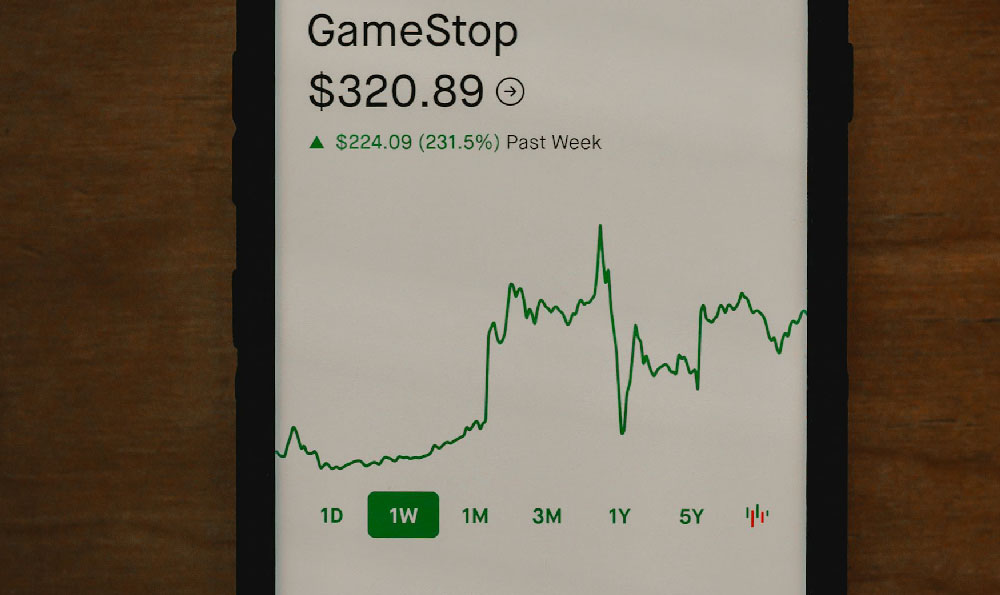Dak Prescott's financial success is a topic that fascinates many, and understanding his salary and overall earnings requires delving into the complexities of NFL contracts and endorsement deals. Prescott, the Dallas Cowboys' star quarterback, has secured his position as one of the league's highest-paid players through a combination of on-field performance and shrewd negotiation. Let's break down the details of his earnings.
Prescott's most significant source of income is his NFL contract. In March 2021, he signed a massive four-year, $160 million extension with the Cowboys. This deal solidified his future in Dallas and put him among the elite earners in the league. The contract included a record-setting $66 million signing bonus, which alone illustrates the Cowboys' commitment to their franchise quarterback.
To understand the magnitude of this contract, it's crucial to consider the structure. While the headline figure is $160 million, the distribution of payments across the four years varies. Typically, NFL contracts are heavily front-loaded, meaning players receive a larger portion of their earnings in the early years. This strategy allows teams to manage their salary cap effectively in the long run. Signing bonuses, like Prescott's massive one, are often spread out over the length of the contract for salary cap purposes, but the player receives the money upfront.

The contract also includes significant guaranteed money. Guaranteed money is the portion of the contract that a player is entitled to receive regardless of performance or injury. Prescott's deal reportedly included $126 million in guaranteed money, which provides a substantial level of financial security. This guarantee protects him against potential career-altering injuries or unexpected team decisions. It's a testament to the Cowboys' confidence in his abilities and his importance to the team's success.
Beyond the base salary and signing bonus, Prescott's contract also likely includes various incentives and performance bonuses. These bonuses are triggered by achieving specific milestones, such as reaching the playoffs, winning individual awards (like MVP), or meeting certain statistical targets (e.g., passing yards, completion percentage). These incentives can significantly boost his annual earnings if he performs at a high level. While the specific details of these incentives are often kept confidential, they are a standard component of NFL contracts for star players.
However, the impact of these contracts on a team's salary cap is significant. The NFL has a strict salary cap, which limits the total amount of money a team can spend on player salaries each year. Managing the salary cap is a crucial aspect of team building, and a large contract like Prescott's requires careful planning. Teams often restructure contracts to create more cap space, which can involve converting a portion of a player's salary into a signing bonus and spreading the cap hit over multiple years. This tactic provides immediate relief but can have long-term implications for the team's financial flexibility.
It's important to note that NFL contracts are not always fully guaranteed. While Prescott's deal included a substantial amount of guaranteed money, some portions of his salary might not be guaranteed beyond a certain date. This means that the Cowboys could potentially release him from the contract, although they would still be responsible for paying the guaranteed portion. However, given his importance to the team and his consistent performance, it's highly unlikely that the Cowboys would make such a move.
In addition to his NFL contract, Prescott earns a considerable income through endorsement deals. As one of the most recognizable faces in the NFL, he partners with various brands to promote their products and services. These endorsements can range from athletic apparel and equipment to automobiles and financial services. The specific details of these deals are typically confidential, but they can contribute significantly to his overall earnings.
Endorsement deals are a lucrative source of income for many professional athletes, and Prescott's marketability makes him an attractive partner for brands seeking to reach a wide audience. These deals not only provide financial benefits but also enhance his public profile and solidify his status as a prominent figure in the sports world.
Beyond his salary and endorsements, Prescott also likely has other sources of income, such as investments and business ventures. Many professional athletes are advised to invest their earnings wisely to secure their financial future. These investments can include stocks, bonds, real estate, and other assets. While the specifics of Prescott's investments are not publicly known, it's safe to assume that he has a diversified portfolio designed to generate long-term wealth.
Moreover, some athletes choose to start their own businesses or invest in existing companies. These ventures can provide additional income streams and offer opportunities for long-term growth. Whether Prescott has pursued such ventures is not widely publicized, but it's a common practice among financially savvy athletes.
In summary, Dak Prescott's earnings are substantial and multifaceted. His four-year, $160 million contract with the Dallas Cowboys forms the cornerstone of his financial success, providing a significant annual salary and a massive signing bonus. Coupled with his lucrative endorsement deals and potential investments, Prescott has established himself as one of the highest-paid athletes in the world. His financial acumen, combined with his on-field performance, has solidified his position as a key figure in the NFL and a role model for aspiring athletes. Understanding the intricacies of his contract and various income streams provides a comprehensive picture of his financial standing and highlights the lucrative opportunities available to successful NFL players.












